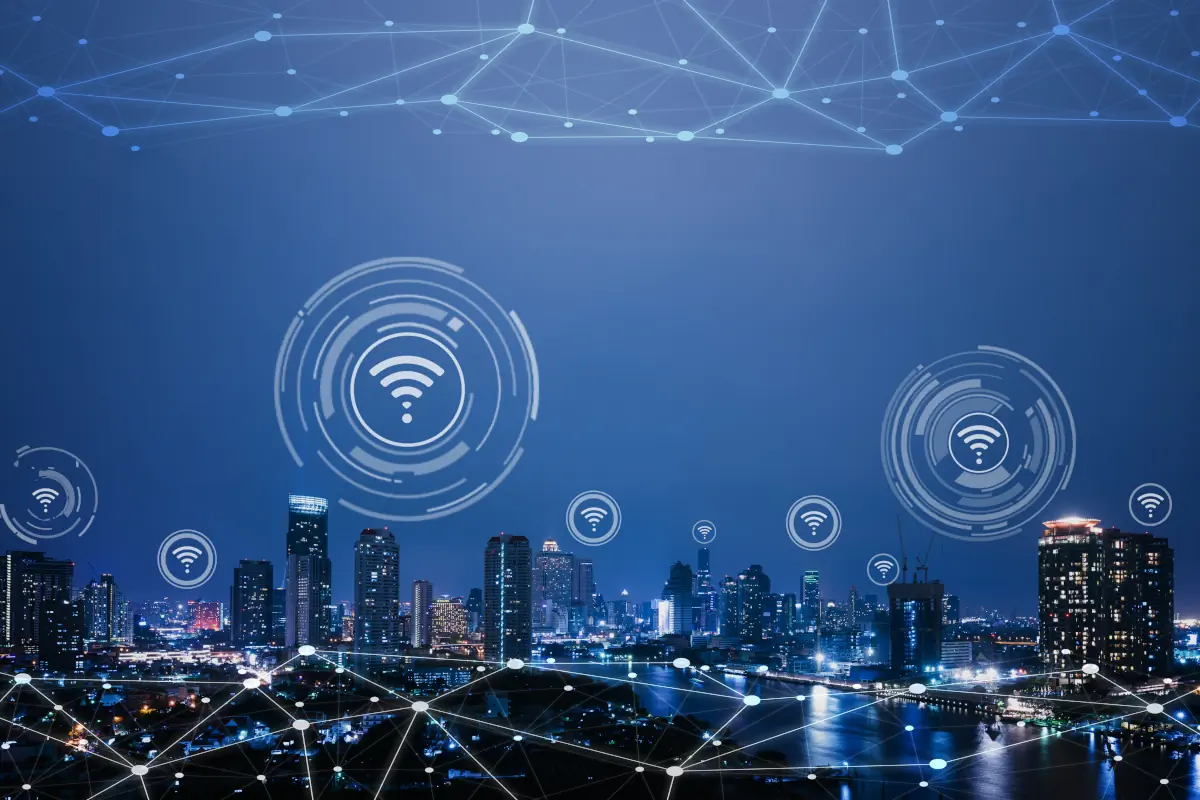Artificial Intelligence can be described as an “AI” that has evolved from a purely futuristic concept often depicted in science fiction into a vital part of modern life. Since its introduction, AI has steadily woven its way into many aspects of our lives, changing the way we communicate, work with others, and interact with the world around us. AI is no longer just an abstract notion, but a tangible reality that has an impact on various aspects of our daily driving routines to online shopping experience.
This article will explore the revolutionary effects of AI in our lives every day, highlighting its impact on efficiency and ease of use while changing the way we work in different industries.
Virtual Assistants and Smart Devices
AI is often seen in everyday life through smartphones or virtual assistants. Technology such as Amazon’s Alexa and Siri, Google Assistant, employs AI algorithms to recognize voice commands, detect user intentions, and complete a range of tasks such as scheduling reminders, controlling the smart devices in your home, answering questions, and providing real-time information.
AI-powered speech recognition, as well as the neural language processing technologies, allow these virtual assistants to understand complex human voice patterns and speech, improving their effectiveness and ease of use. They also adapt to user interactions, increasing the ability of their assistants to recognize the needs of users and make recommendations that are tailored as time goes on.
Tailored Suggestions for Entertainment
Artificial intelligence is revolutionizing our habits of media consumption. Platforms like Netflix, YouTube, and Spotify make use of AI algorithms to provide personalized suggestions that reflect our watching or preferences for listening. These systems process a lot of user information, which includes what we love to listen to, or watch and recommend similar films, shows as well as music playlists.
This type of personalization extends beyond entertainment and includes shopping platforms like Amazon, eBay, and Alibaba, which use artificial intelligence to recommend items that are compatible with your shopping habits and browsing preferences. One of the most significant ways that AI can transform the experience of consumers is by helping to discover new media or products that are geared towards their personal preferences.
Transporter Artificial Intelligence
Autonomous cars, also called self-driving vehicles, are among the most popular uses of AI in the transport sector. Businesses like Tesla, Waymo, and Uber are investing substantial sums into AI technology to build vehicles that can navigate roads by avoiding obstacles, as well as making decisions on their own without human drivers.
Artificial intelligence can impact the way you travel, even if you do not have a self-driving car. Ride-sharing services like Uber and Lyft utilize AI to improve route optimization and forecast demand for rides and enable real-time communication between drivers and passengers. In addition, AI is advancing public transport by implementing intelligent traffic management systems, as well as new ticketing systems, which improve urban mobility.
Artificial Intelligence in Medical Fields
Artificial intelligence is rapidly changing the health sector by improving diagnosis accuracy and personalizing treatment plans, and streamlining administrative processes. The tools powered by AI can analyse medical imaging, which includes X-rays, MRIs, and CT scans, to find early signs of disease like cancer, heart issues, and neurological diseases.
AI does not just enhance the diagnostic capabilities of patients, but also aiding health professionals in modifying treatment plans. With machine learning techniques, it’s possible to assess the patient’s genetic profile as well as medical history and factors that affect lifestyle to recommend personalized treatments, which could improve results and fewer adverse negative effects.
Artificial Intelligence in Customer Service and Retail
AI has changed customer service by allowing firms to offer faster, efficient, and personalized customer experiences that are more efficient, effective, and personalized. Artificially-powered chatbots as well as virtual assistants answer customer questions around the clock, offering instant responses for frequently-asked questions, and helping with the resolution of issues.
AI algorithms are now being used in the retail industry to help improve the management of inventory and tailor marketing strategies to meet the needs of individual customers. AI-driven systems monitor consumer behavior to determine what products are likely to perform well, and at what time, which helps optimize the management of stock and reduce the chance of stock shortages or overstocking.
Artificial Intelligence in the Academy
Artificial Intelligence is profoundly impacting the education sector by providing more customized and efficient education experiences for pupils. AI-powered educational platforms like Coursera, Duolingo, and Khan Academy deliver customized lessons that are based on the student’s progress. These platforms make use of data analysis as well as machine-learning algorithms to assess the strengths and weaknesses of each individual, which allows them to provide targeted learning tools that can improve academic performance.
Artificial intelligence is now used to automate a variety of administrative tasks, such as the assessment of assignments, as well as the monitoring of progress made by students.
Conclusion
Artificial intelligence has become a fundamental element of our lives, and its influence has been expanding across many areas. It doesn’t matter if we are aware of it; whether AI can enhance our experience by increasing the convenience of interactions, adjusting them to our needs, and streamlining processes. While there are still challenges, such as issues with privacy and ethical issues, the introduction of AI into our lives is an undisputed fact that is shaping technology in ways only getting understood. As AI technology develops, it will bring about even greater transformations in the way we do our work, live, and interact with the world around us.




